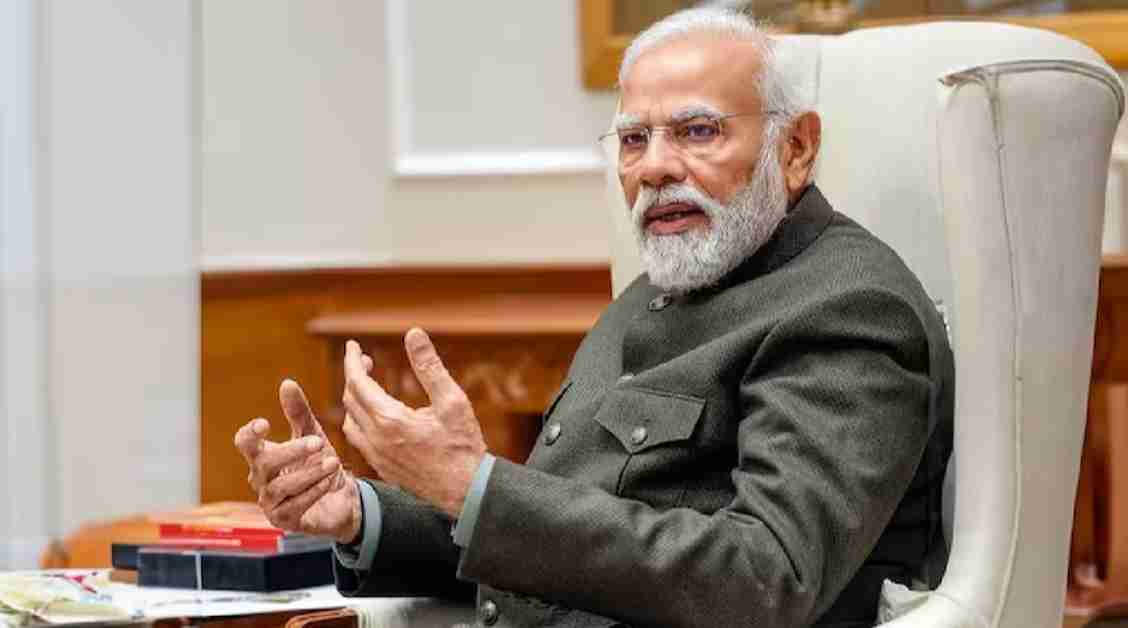Prime Minister Narendra Modi’s recent advocacy for the implementation of a Uniform Civil Code (UCC) in India has elicited a range of reactions from various quarters of society, reflecting the complexity of the issue and the diversity of opinions within the country.
While some sections of the population have welcomed Modi’s push for a UCC as a step towards promoting gender equality and ensuring uniformity in personal laws, others have expressed reservations about the potential implications of such a move.
Supporters of the UCC argue that it would bring about much-needed reform in laws governing marriage, divorce, and inheritance, which currently vary based on religious affiliations. They contend that a uniform legal framework would promote social cohesion and simplify legal procedures, thereby fostering a more just and equitable society.
Moreover, proponents of the UCC view it as a means of addressing gender discrimination entrenched in existing personal laws, particularly within Muslim communities where women’s rights are often perceived to be at risk. They argue that a uniform code would ensure equal rights and opportunities for women of all religious backgrounds.
However, critics of the UCC raise concerns about the potential erosion of cultural and religious identities, particularly among minority communities. They fear that imposing a uniform set of laws on diverse religious groups could infringe upon their rights to practice their faith and uphold their traditions.
Furthermore, opponents argue that the timing of Modi’s call for the UCC, amidst the fervor of election campaigning, raises suspicions about the government’s motives. They accuse the ruling Bharatiya Janata Party (BJP) of using the UCC issue as a political tool to consolidate its support base and appease its conservative Hindu voter demographic.
Amidst these contrasting viewpoints, the debate over the UCC has reignited discussions on secularism, pluralism, and the delicate balance between individual rights and societal norms in India. As the nation grapples with these complex issues, the path towards implementing a Uniform Civil Code remains fraught with challenges, requiring careful deliberation and inclusive dialogue to navigate.



